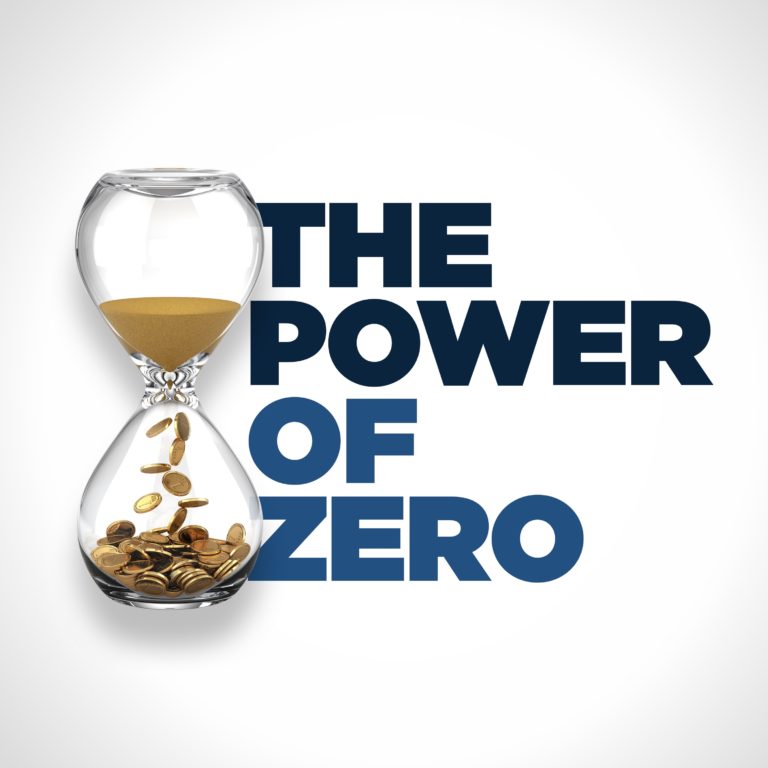As David explains, there are two ways of controlling our budget: raising revenue or reducing spending (or some combination of the two), just like an American household.
Rebecca Walser thinks that Modern Monetary Theory (MMT) could be decimated by Covid-19. And there are a few key issues that have surfaced: the U.S. Government printing $8 trillion and the equity market going up over 40% (pre-Covid) with no economic fundamentals to support it, 10 million job openings, supply chain issues, as well as interest rates that are outrageous and inflation way too high year over year.
Rebecca defines MMT as the theory that states that ‘we can print money indefinitely and to perpetuity as long as we can service the debt.’ However, MMT sort of requires that you don’t believe in inflation any longer, for the fact that if MMT is true, then inflation will never occur.
For Rebecca, the law of economics is just too big and too right to bow to the theory of MMT. As a result of that, we have a hard inflation that, despite manipulation by the U.S. Government by taking out food and energy, still leads to massive price increases year over year – increases that are not transitory.
As Rebecca shares, from a perspective of tax law, life insurance is the only asset class that can have both tax-free income, a tax-free estate, and that can still be accessed during our lifetime. It’s a combination of four different tax law provisions, no other asset class that has so many tax provisions specifically arranged around it.
After seeing the impact of Corona – and the $8 trillion being spent – Rebecca has given up on rates normalizing over the next 20 years.
She sees life insurance as the planning tool that can be leveraged from both an estate tax perspective, and what she refers to as a ‘parallel wealth track’.
The retirement of baby boomers represents the largest demographic shift in the history of America. 65 million more people coming out of the workforce and going on to social security and Medicare will lead the U.S. to have their back against the wall.
According to Rebecca, the retirement of baby boomers is something that has been anticipated since the ‘70s but nothing has been done about it. As a result of this phenomenon, she predicts America will transition to a European taxation model.
Rebecca doesn’t consider herself a huge fan of leveraging income annuities, because she sees it as the equivalent of taking a pile of cash and creating a lifetime income stream.
There’s an exception to this last point, though: if Rebecca has a client she feels is going to really struggle to maintain their income for the rest of their life, then that is a perfect use for that particular vehicle.
To Rebecca, it appears that people don’t seem to realize that financial asset classes change over time.
The downside is what makes retirees run out of money and it’s something people don’t plan for. However, it’s a key factor because, as Rebecca explained, as long as you avoid the downside you “win the battle” – even if you planned on a mediocre 4% return for the rest of your life.
As she shared, people are so used to chasing returns that they don’t understand that there’s a peak, a point in life at which a person moves from accumulation to distribution. Distribution rules are different from accumulation rules.
There’s a dilemma many of us face: how do we give our children something more than we had, without quenching their innate desire to make something for themselves because they have been challenged? This is one of the reasons why, in Rebecca’s opinion, you see so many wealthy people’s children going the wrong way – becoming addicted to a substance, etc. – because they just don’t have an outlet for their individual need to become something.



